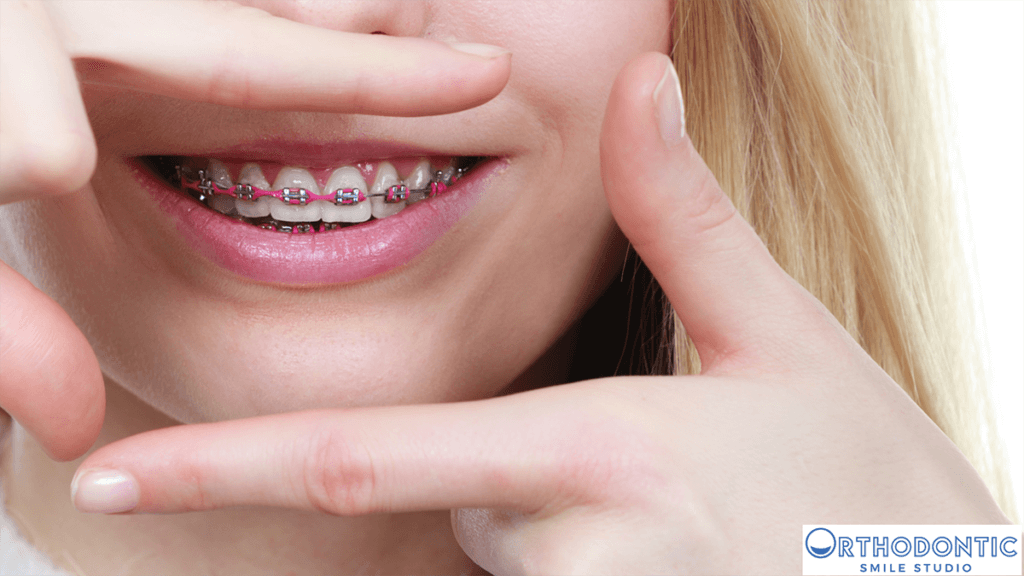How Do I Know If I Need Braces: 5 Factors to Consider

Do You Often Look in the Mirror and Ask Yourself If You Need Braces?
Braces correct tooth alignment and create a straight set of teeth. They’re effective at fixing advanced bite issues.
You may picture them as chunky metal devices, but braces are now sleeker and smaller. They feel more comfortable, too, thanks to the latest dental technology.
While the procedure can last over a year, depending on the severity of the problem, braces offer patients the perfect smile they desire.
Here Are Some Signs You or a Loved One May Find Dental Braces Beneficial for Your Oral Health
- Early Loss of Baby Teeth Premature loss of baby teeth may not lead to pain or discomfort but can result in orthodontic issues down the road.Adjacent teeth can shift and occupy the gap, leaving no room or insufficient space to accommodate adult teeth. Adult teeth can get trapped beneath the gums or erupt partially.If your child loses their baby teeth early, it may be a good idea to take them to the dentist for evaluation. This way, your dentist can monitor your child’s mouth development and recommend preventative or necessary corrective measures as early as possible.
- Speech and Chewing Difficulties If you’re experiencing speech and chewing difficulties, misaligned teeth may be the cause.You may feel easily fatigued when chewing food and have a hard time pronouncing certain sounds or words. For children, this can make them the subject of teasing from their peers.Not being able to chew your food properly can interfere with proper food digestion and nutrition. These factors are worth talking to your dentist about during your next dental visit.
- Crooked Teeth If you didn’t have access to dental care as a child and have crooked teeth, it’s never too late to correct tooth alignment problems.Having crooked teeth makes brushing and flossing more difficult. It’s harder to cover all tooth surfaces. Your mouth and jaw are also exposed to heavier pressure, as your bite is out of balance.This can increase your risk of developing dental problems, such as decay, cavities, and gum disease. You may also become more vulnerable to jaw pain.Braces can fix crooked teeth and make them straight. Chewing and biting forces are distributed among teeth for more pleasurable dining experiences.
- Teeth That Don’t Meet or Meet Abnormally When the Mouth Is Closed Ideally, both the upper and lower teeth should touch each other when the mouth is closed.Though, if the upper teeth are positioned way forward of the lower teeth, or vice versa, or if they don’t meet at all, this can indicate a bite problem.Bite problems vary widely, but they can all make a person more conscious of their smile. They can also make teeth more vulnerable to injuries or damage.
- Crowding Crowding is one orthodontic concern that braces can correct. Teeth can crowd when there’s not enough room for them to erupt in their ideal position.Crowding can also make it difficult to clean teeth. Plaque and tartar can build up faster and lead to bad breath, gum disease, and cavities.Both teens and adults can receive braces to fix crowding issues.
Book a Complimentary Consultation for Dental Braces in Kitchener, ON If you’re in Kitchener, ON, and are interested in getting dental braces, contact us at Orthodontic Smile Studio. Request your complimentary consultation so you can share your dental concerns with our dentist. Let’s see which dental procedure can best address them.
DGS powered by SmileShop


